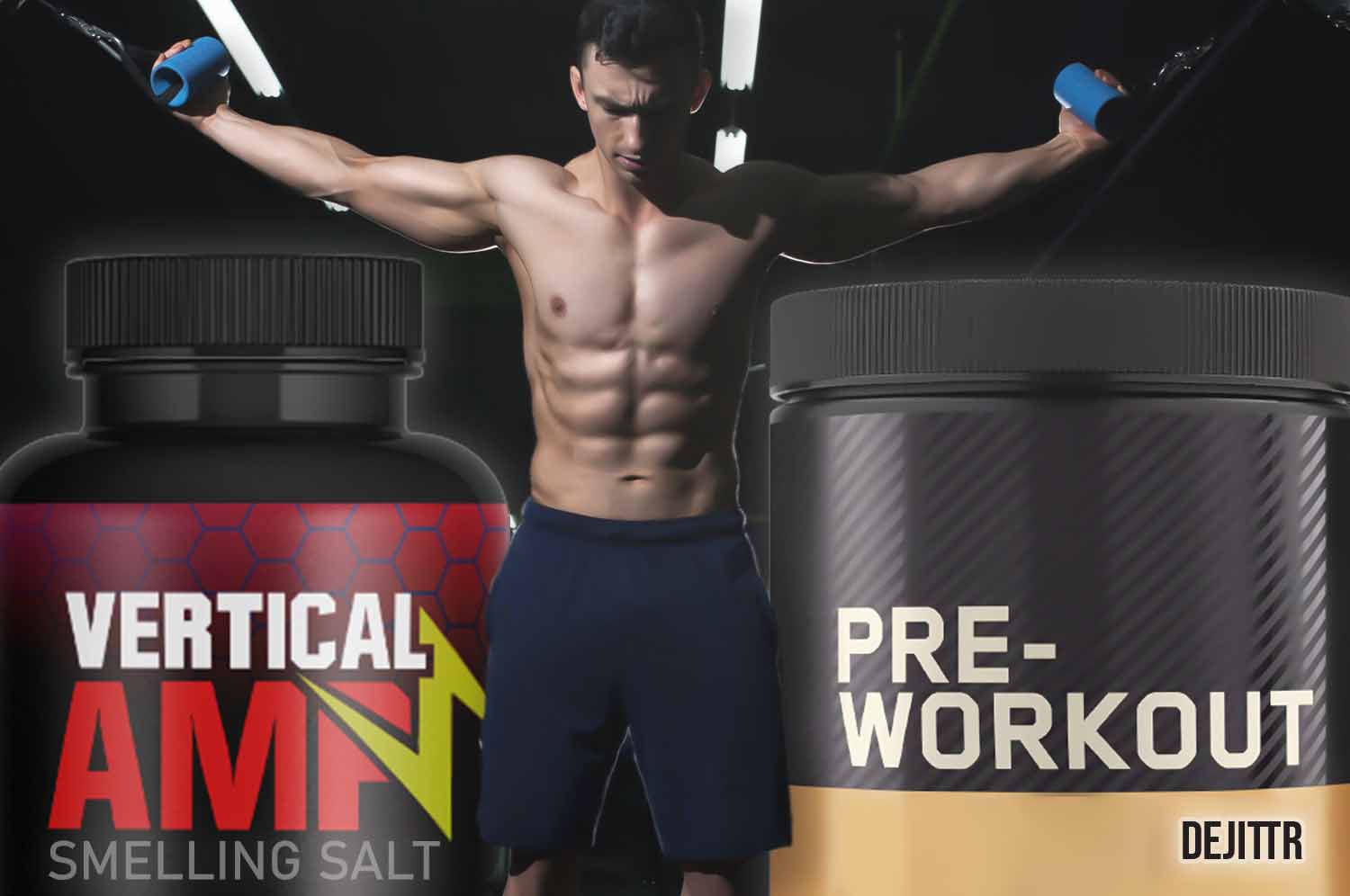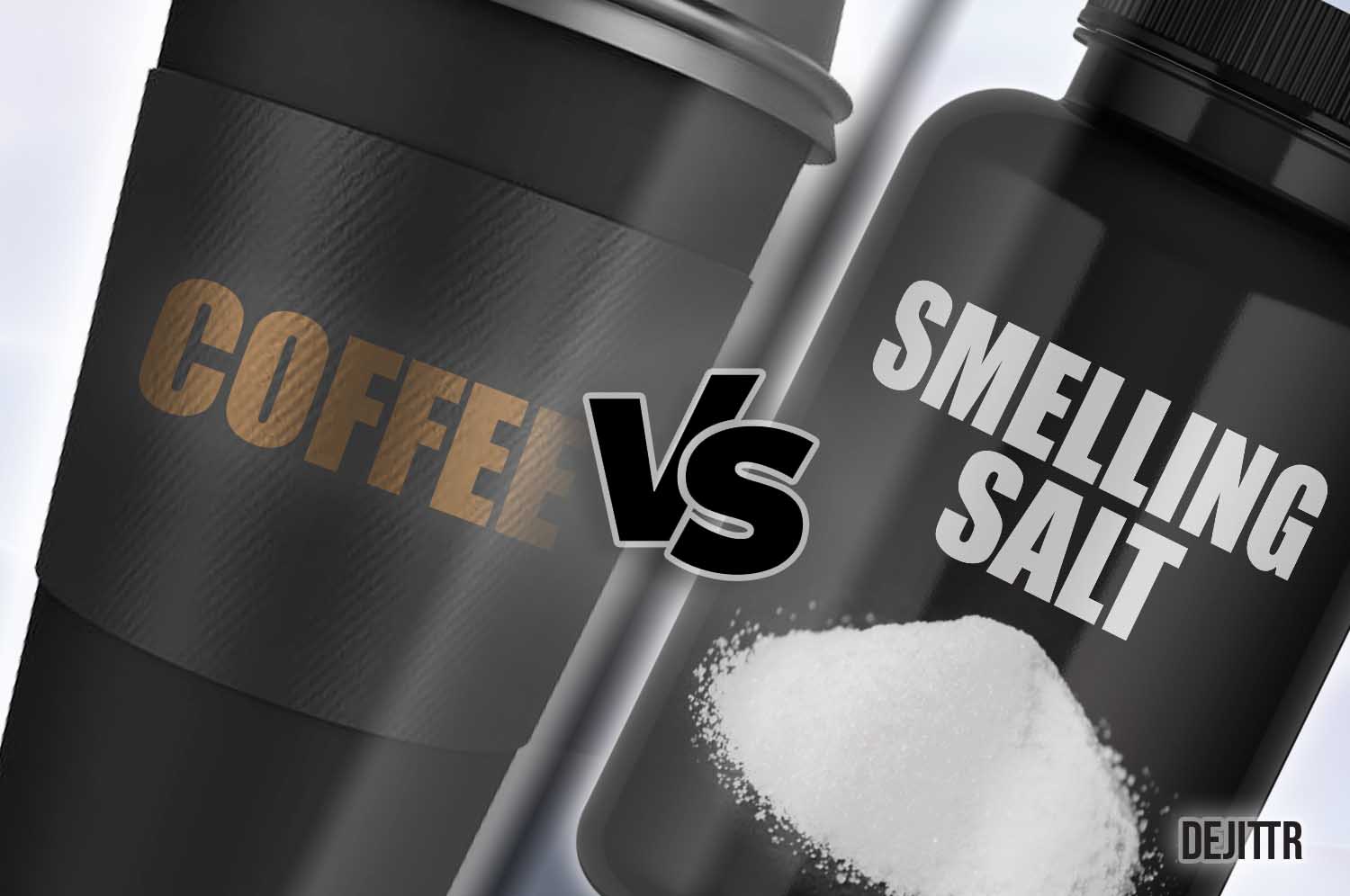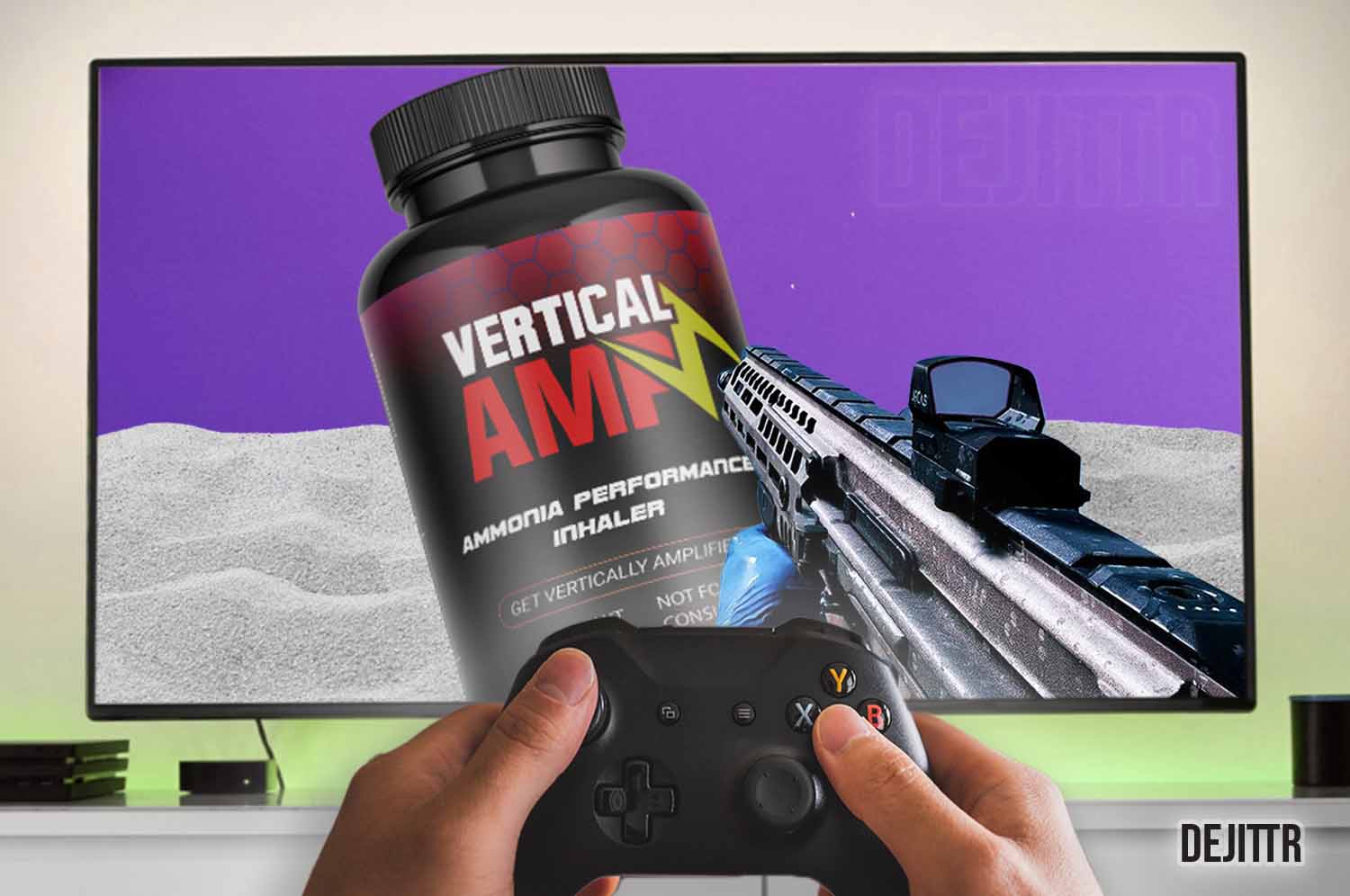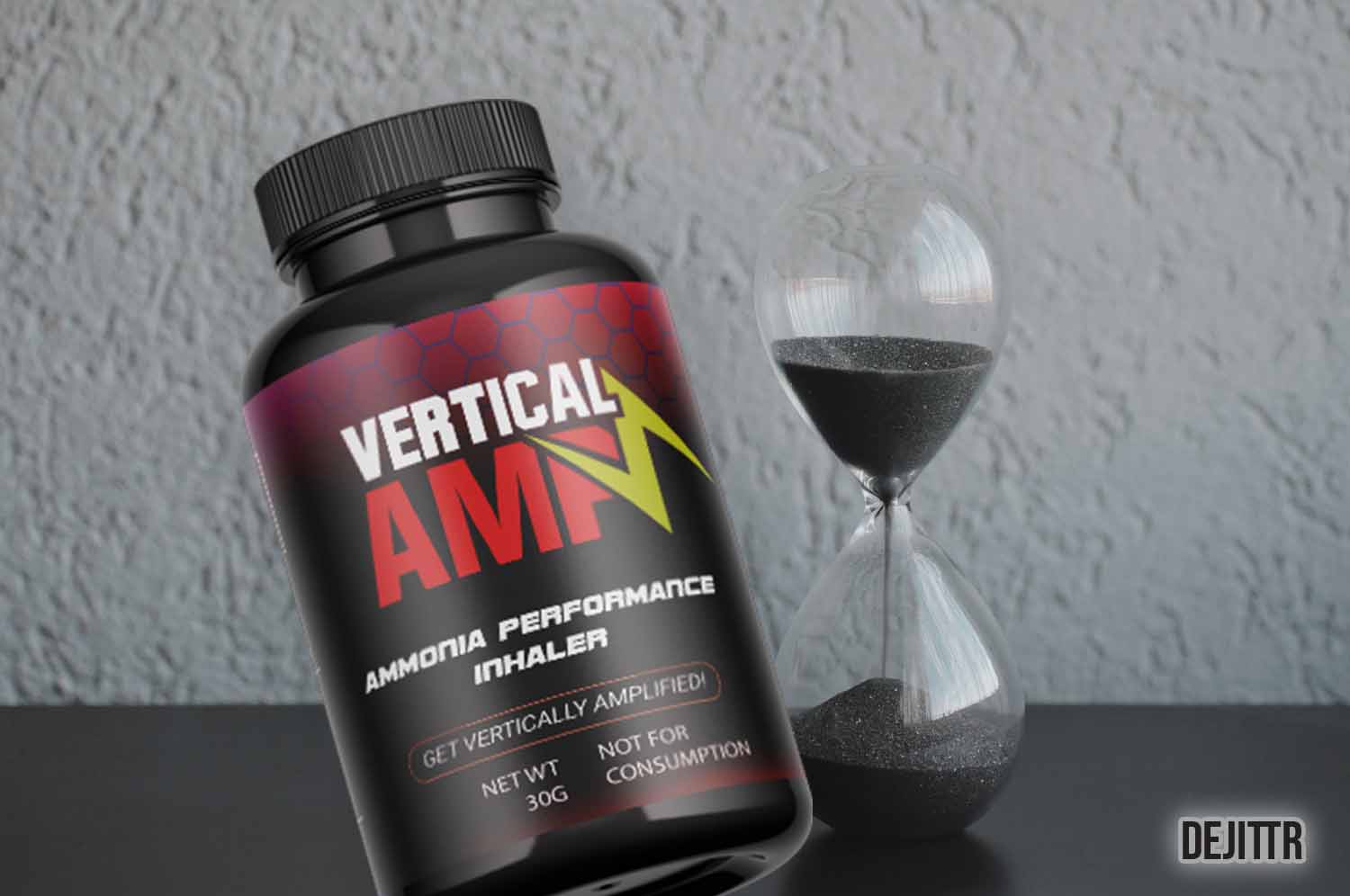Whether you’re playing competitively or just working out, athletics involves the survival of the fittest mind, body, or opponent. When you need a jumpstart to overcome inertia and get your body rarin’ to go, you’re most likely to consider widely accepted legal stimulants like smelling salts or pre-workout supplements. But that raises the question – what are the differences, pros, and cons of each option?
Smelling salts are ammonia-based inhalants that can improve breathing and oxygen intake, while pre-workout supplements refer to an array of dietary formulas that claim to enhance fitness and improve athletic performance. Both compounds are generally safe when used as directed.
With so many brands of smelling salts and pre-workout supplements flooding the markets, choosing one of these options can be a challenge. This article will explain the constituents of both stimulants, as well as their pros and cons. Let’s get into it!
What Are Smelling Salts?
Smelling salts are mixtures of various compounds, particularly active ammonia, that can irritate the nasal pathway enough to increase heart rate and respiration. The effect triggered by these mixtures can help to revive unconscious people or improve focus and alertness in active athletes.
Aside from the active component of ammonia that serves as the major stimulant in smelling salts, these compounds also contain less-active ingredients, most of which help to dilute the ammonia. These constituents can vary based on the brand, mode of application, or targeted potency of the salts. The common ingredients in smelling salts include:
- Ammonium carbonate
- Ammonia liquor
- Water
- Alco-hol
- Eucalyptus or Lavender oil perfume
Many brands dilute ammonium carbonate in perfume oils to create the packaged inhalant, while others use a concoction of ammonia and alco-hol. All smelling salts are used by inhaling the contents to stimulate the nasal passageway, but the salts are packaged for sale in different forms. The types of smelling salts available for retail include:
- Powdered smelling salts – to be diluted in water for activation.
- Ampoule-packaged vials of smelling salts that are crushed into absorbent wool.
- Pre-activated bottles of smelling salts for instant inhalation.
How Do Smelling Salts Work?
Smelling salts work by irritating the respiratory passageway upon inhalation. The ammonia content in the salts alters the membranes of the nose and lungs, triggering them to induce a reflex reaction. This reaction involuntarily increases your heart rate, breathing, and oxygen levels.
The effect on the respiratory system is quite potent in the short term. As such, smelling salts were first used by healthcare professionals to revive people after fainting. At that time, they were more focused on the particular effects of increased heart rate and respiration, effects that would help to revive an unconscious person.
Another important thing about these reactions is that they’re actually part of a series controlled by the body’s sympathetic nervous system. The sympathetic system is what would kick your body into action for a fight-or-flight response during an emergency. And smelling salts can cause the body to mimic these emergency reactions.
The additional fight-or-flight effects of smelling salts include adrenaline release and enhanced cognitive effects such as improved alertness. Over time, athletes have begun to explore these stimulating effects. Smelling salts are particularly popular in sports because of the potential for their cognitive boosts to improve overall performance.
Pros of Smelling Salts
- Improved cognitive ability: If you need a jolt to get rid of that nasty pre-race dozing or a boost to get your mind alert for your next bench-press, smelling salts may be your thing! They can offer a particularly impressive wake-up slap to improve your focus.
- Fast-action: The near-instant effect of smelling salts may be one of the best things about them. As you sniff the salts, you can feel the effects instantly!
- Legality: Unlike many other stimulants, smelling salts are legal in many places, both for giving first aid to the unconscious or as focus enhancers.
- Safety: Most illegal stimulants weren’t just banned for the heck of it; they were really unsafe substances. Smelling salts, on the other hand, are quite safe as long as you use them in line with the proper directives.
- Competitive fairness: Smelling salts are competitively fair because they act as stimulants, not performance enhancers. The salts are still in use in many sports because they can help athletes focus better on their performance without tipping the scales by making them better.
Cons of Smelling Salts
- Short-term: Like fight-or-flight effects, the boost from smelling salts is very short-lived. It can wake you up for a quick sprint or a short-term activity like weightlifting, but the effect wears off pretty quickly.
- Ethical problems: Smelling salts are only generally allowed to revive fainting victims. For professional competitions, ethical boards have different views on their stimulating effects. Professional boxers, for example, are banned from using smelling salts.
- Health limitations: Smelling salts aren’t safe for people with health conditions affecting their respiratory systems. Their irritation of the nose and lungs can have an extreme effect on people with delicate breathing and respiration.
What Are Pre-Workout Supplements?
Pre-workout supplements, also called pre-workout shakes or just pre-workouts, are powders containing mixtures of a variety of supplement ingredients. The constituents of the supplement mixture are specifically designed to boost energy and improve performance in physical activities such as workouts.
Unlike smelling salts or other stimulants, all the ingredients of pre-workout supplements vary by brand. The goal of all pre-workouts is the same – to charge up your energy and improve your workout experience – but all brands prepare different formulations.
Ingredients in Pre-Workout Supplements
There is no central ingredient universally present in all types of pre-workout supplements, but there are some common ingredients that determine how they work. Pre-workout supplements are relatively new, so though some research suggests that they can improve athletic performance, the scientific knowledge surrounding them is pretty limited.
This is why the best way to understand these supplements is to study the common ingredients in most brands and how they can improve your workout. Some of these ingredients include:
Caffeine
Caffeine is one of the world’s most popular and widely studied exercise supplements. Therefore, it’s no surprise that it forms a major part of most pre-workout supplements. It travels fast through the bloodstream, working through various systems and improving your overall exercise experience.
The significant effects of the caffeine found in pre-workout supplements on the body are:
- Activating the body’s sensory systems to improve mental needs like focus and alertness.
- Releasing adrenaline to improve blood flow and kick-start your flight-or-flight response.
- Raising the body’s overall temperature and improving muscle action to help you burn calories more efficiently.
- Improving the endorphins to give you a better “high” from your workout.
- Increasing your endurance threshold to help you work out better and for longer.
Creatine
Creatine is super beneficial for replenishing energy in your cells during high-intensity interval training (HIIT) exercises. These intense workouts burn up a lot of cellular energy in a very short period. As your muscles are forced to produce more energy with little to no extra oxygen, the process can induce muscle soreness called myalgia.
Higher creatine levels can help your body produce energy more easily during those high-stress periods. Over time, it can reduce the soreness of your muscles and improve their overall structure.
Dietary Nitrate Sources
Nitric oxide is important for dilating your arteries, veins, and capillaries, allowing them to transport blood more easily. As blood moves faster, it becomes much easier for your muscles to get the nutrients and oxygen they need to be at their peak while you work out.
Pre-workout supplements can contain many different dietary sources that provide nitrates to your body. The most common sources include:
- Beetroot juice
- L-arginine concentrate
- L-citrulline concentrate
- Spinach extracts
- Kale extracts
Beta-Alanine
Beta-alanine is a non-essential amino acid that combines with Histidine, another amino acid, to produce Carnosine. The Carnosine final product can help to reduce the buildup of lactic acid in your muscles during high-stress exercises. Like Creatine, the lower buildup will minimize muscle soreness, so it takes longer before you get tired during a workout.
For body-builders, beta-alanine can increase their lean muscle mass to help them reach their aesthetic body goals faster.
Pros of Pre-Workout Supplements
- Healthy nutrient sources: Many pre-workout supplements contain concentrates that help to organically improve your workout performance. When gotten from natural, healthy sources, these supplements can contribute to your workout using any harsh stimulants or potential allergens.
- Longer-lasting: Unlike smelling salts that only offer a sharp jolt for a couple of minutes, the effects of pre-workout supplements are said to last for hours. Some may even provide long-term improvement for your body systems beyond the immediate workout boost.
- Minimal side-effects: The benefits of pre-workout supplements differ for each athlete, but there’s no evidence of any serious disadvantages posed by them.
Cons of Pre-Workout Supplements
- Variable ingredients: There is no standard formula for these supplements, so it can be difficult for your umbrella of trust to cover all brands. Thus, you should take care to check the contents of any brand of supplements you’re opting for.
- Minimal evidence-based effectiveness: Many beneficial contents of pre-workout supplements can be found in regular whole foods in different concentrations. There isn’t much evidence to prove the difference between their effects as supplements over food.
- Longer activation period: Unlike smelling salts that kick in within the second, you may have to take pre-workout supplements at least 30 minutes before the effects kick in.
Conclusion
You can improve your athletic performance with either smelling salts or pre-workout supplements. Both options are safe as long as they are used in the correct dosage and as instructed.
Remember, if you have any medical condition, check with your doctor before taking any supplements or stimulants!













